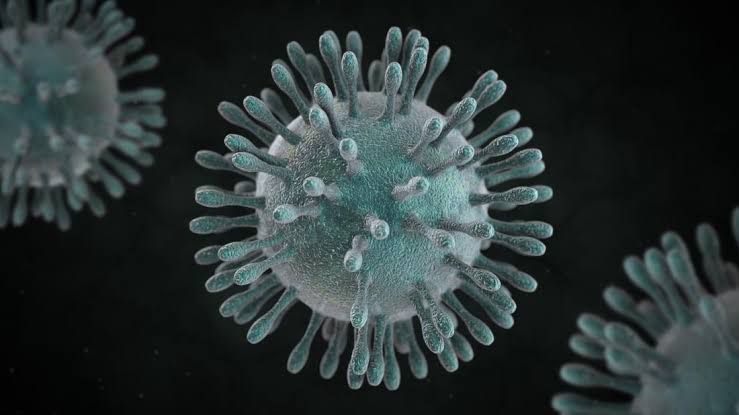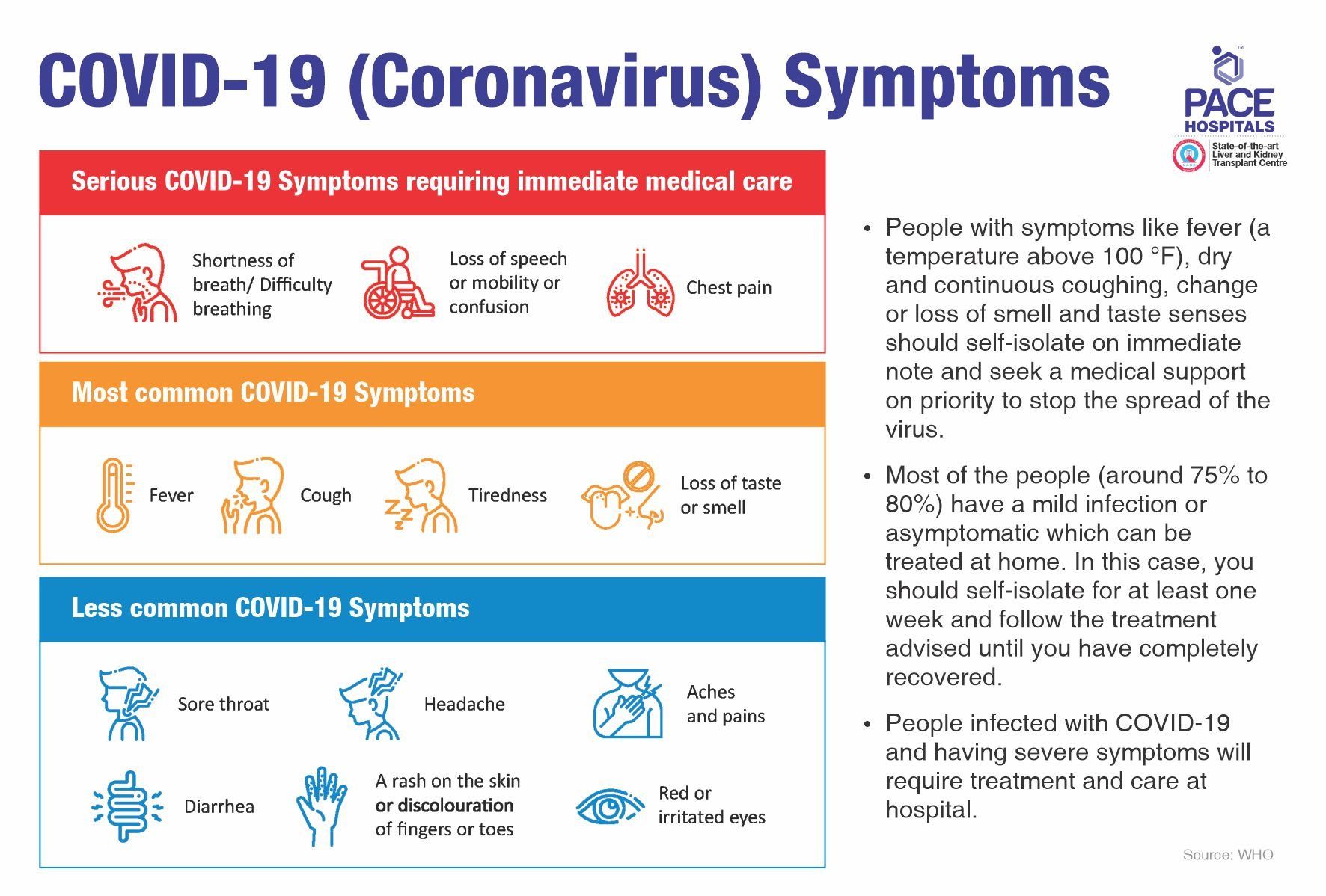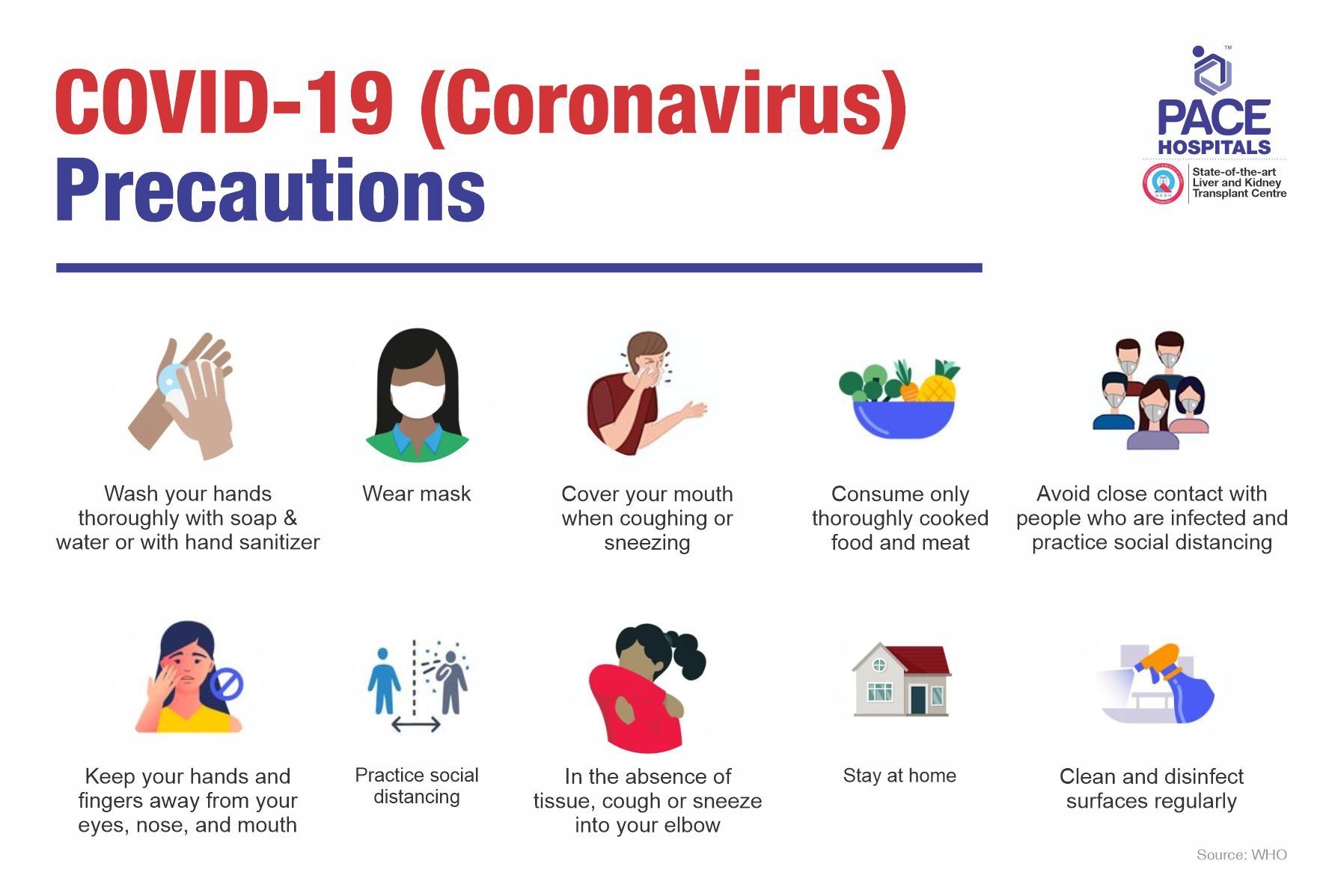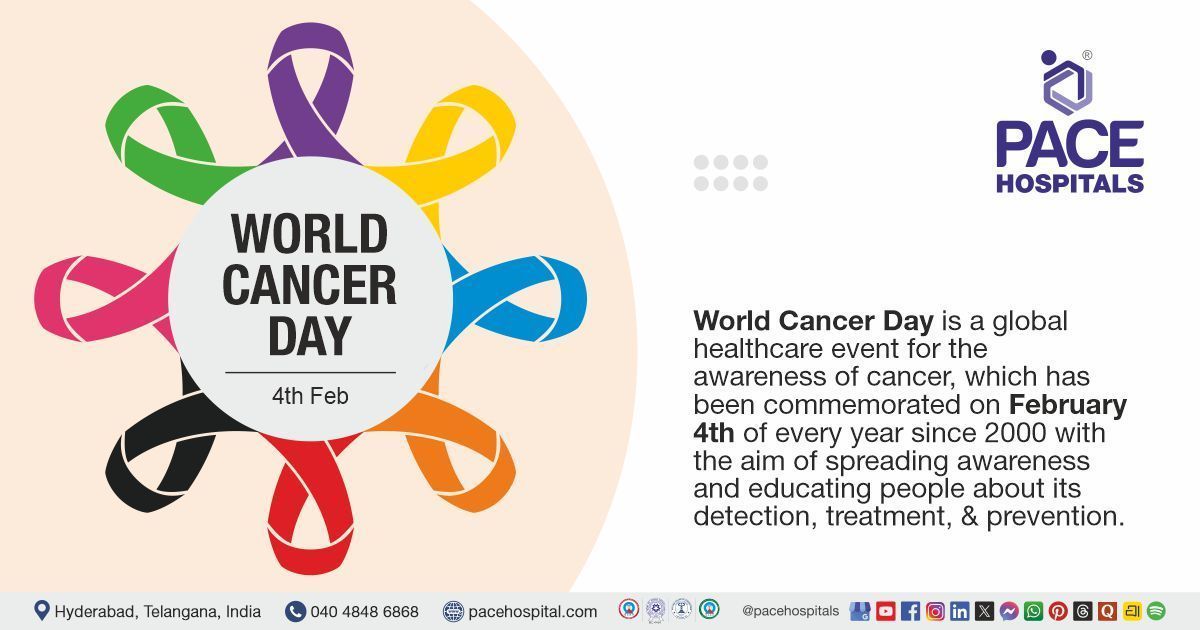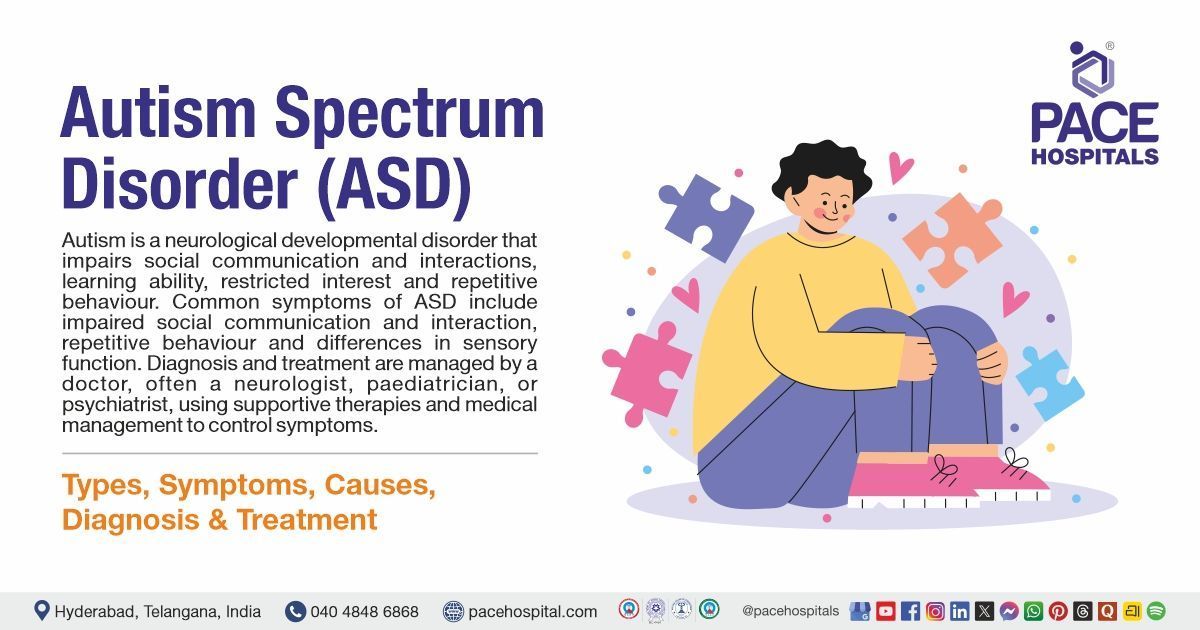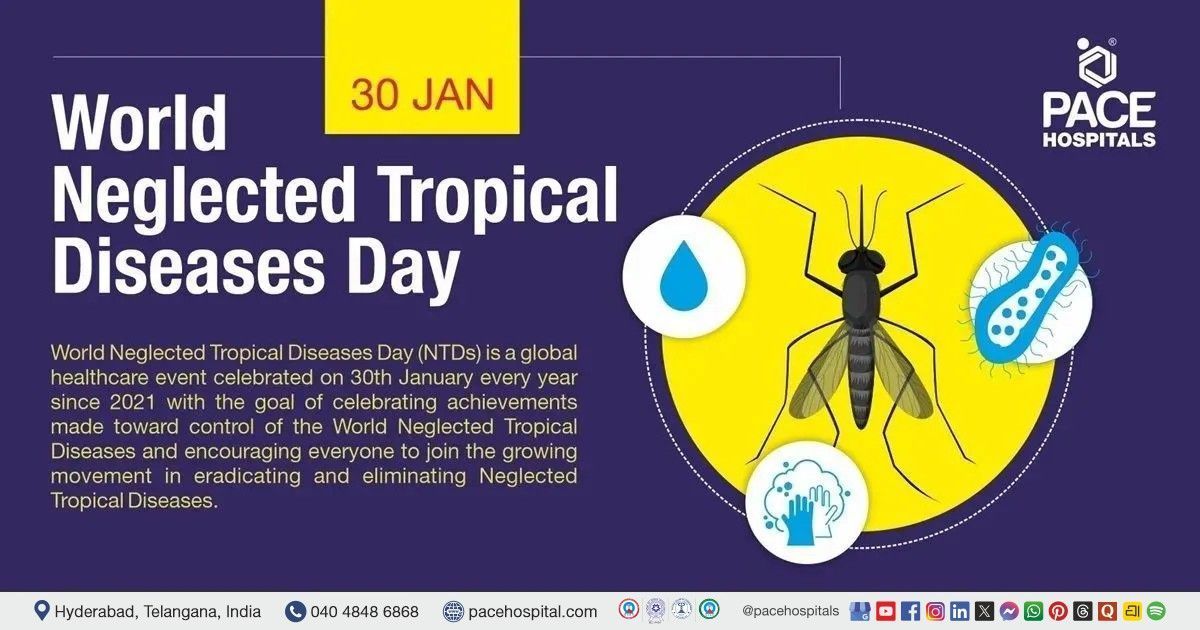Coronavirus: Symptoms, Precautions and Treatment
PACE Hospitals
Coronavirus cause respiratory infections which are typically mild including the common cold to severe respiratory syndrome.
Researcher discovered #Coronavirus in 1960. Coronavirus are a group of viruses generally that cause diseases in mammals and birds. This virus can be transmitted from animal to humans, the viruses cause respiratory infections which are typically mild including the common cold but rarer forms like Severe Acute Respiratory Syndrome (SARS) and Middle East Respiratory Syndrome (MERS) this can be life threatening.
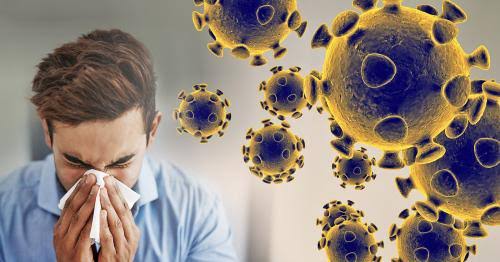
How does the virus spread?
Coronavirus most commonly spread from an infected person to others through:
- Coughing and sneezing upto 2 to 3 ft
- Personal contact such as touching infected person’s mouth, nose, eye
- Object contaminated with infectious droplets
Symptoms of Coronavirus (COVID-19)
Some people those are infected but don’t have any symptoms. Most of the infected people, around 75% to 80%, experienced mild symptoms. Coronavirus symptoms are similar to any other upper respiratory infection noticed common and serious symptoms.
Most common symptoms:
- Fever
- Coughing
- Tiredness or Fatigue
- Loss of taste or smell
Less Common Symptoms:
- Headache
- Sore Throat
- Diarrhea
- Rashes on the skin
- Aches and pains
- Red or irritated eyes
Serious symptoms that require immediate medical attention:
- Shortness of breath
- Difficulty breathing
- Loss of speech or mobility
- New confusion
- Chest pain
In case of weaken immune system infection spreads to the lower respiratory tract (your windpipe and your lungs), it can cause lung infection (#pneumonia), #bronchitis, especially in older people, people with heart disease.
Get Home Care Treatment support for suspected or diagnosed COVID-19 patient to recover while in home quarantine
What are the precautions for Coronavirus?
To prevent a coronavirus infection, follow these things:
- Wash your hands thoroughly with soap and warm water or with an alcohol-based hand sanitizer
- Take hot shower or steamy shower to relieve sore, scratchy throat and cough
- Keep your hands and fingers away from your eyes, nose, and mouth
- Setup humidifier in your home
- Drink plenty of fluids
- Avoid close contact with people who are infected
- Consume only thoroughly cooked food and meat
- Avoid close contact those who are displaying symptoms
- Avoid direct contact with live animals
- Cover your mouth when coughing or sneezing
- Contact doctor if symptoms persist
Most of the people (around 75% to 80%) have a mild infection or asymptomatic which can be treated at home.
Share on
Request an appointment
Fill in the appointment form or call us instantly to book a confirmed appointment with our super specialist at 04048486868

